Hydroxypropyl Methyl Cellulose (HPMC) has become a cornerstone in modern construction due to its exceptional properties as a tile adhesive chemical and plaster additive. Developed by Shijiazhuang Gaocheng District Yongfeng Cellulose Co., Ltd., this product offers unparalleled performance in various applications. This article explores the features, advantages, technical specifications, and real-world applications of HPMC, highlighting its role in enhancing construction processes.
Product Features
Hydroxypropyl Methyl Cellulose (HPMC) is a versatile chemical compound derived from high-purity cotton fiber. Its unique molecular structure provides a range of beneficial properties. The product appears as a milk white or white powder, with a carbonization temperature of 280-300°C and a color temperature of 190-200°C. Its particle size is finely controlled, with a 100-mesh pass rate exceeding 98.8%, and it exhibits excellent solubility in water and specific solvents like ethanol/water or propanol/water mixtures.
HPMC is renowned for its water retention, dimensional stability, and film-forming capabilities. These attributes make it ideal for use in construction materials where consistency and durability are critical. The apparent density of 0.25-0.70 g/cm³ and a specific gravity of 1.26-1.31 further contribute to its effectiveness as a plaster additive.
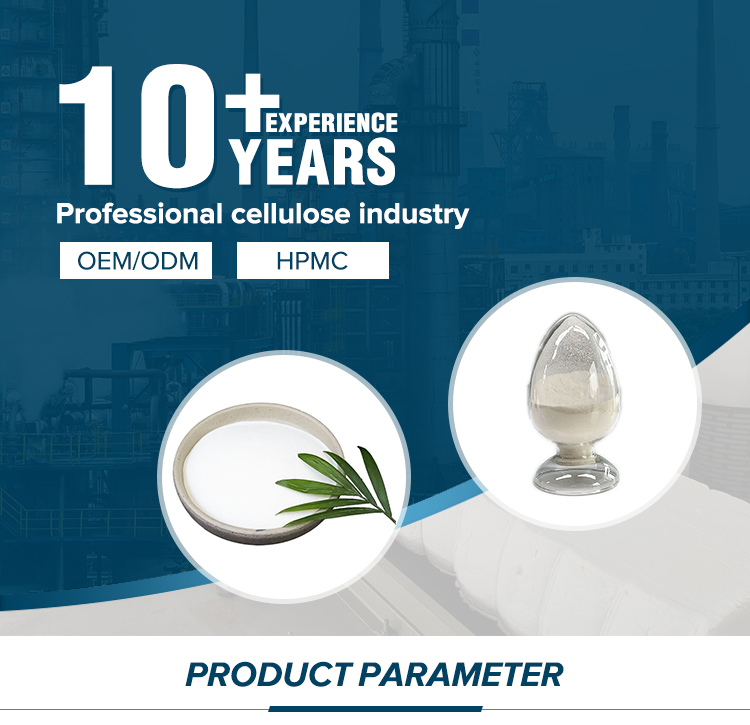
Advantages of HPMC in Construction
One of the key advantages of HPMC is its ability to enhance the workability and adhesion of cementitious materials. It improves the fluidity of mortars and pastes, ensuring even application and reducing the risk of cracking. This makes it particularly valuable in tile adhesive formulations, where strong bonding is essential.
Additionally, HPMC offers salt resistance and PH stability, ensuring long-term performance in diverse environmental conditions. Its mildew resistance and dispersibility further contribute to the longevity of construction materials. For contractors and builders, these properties translate to cost savings and reduced maintenance needs.
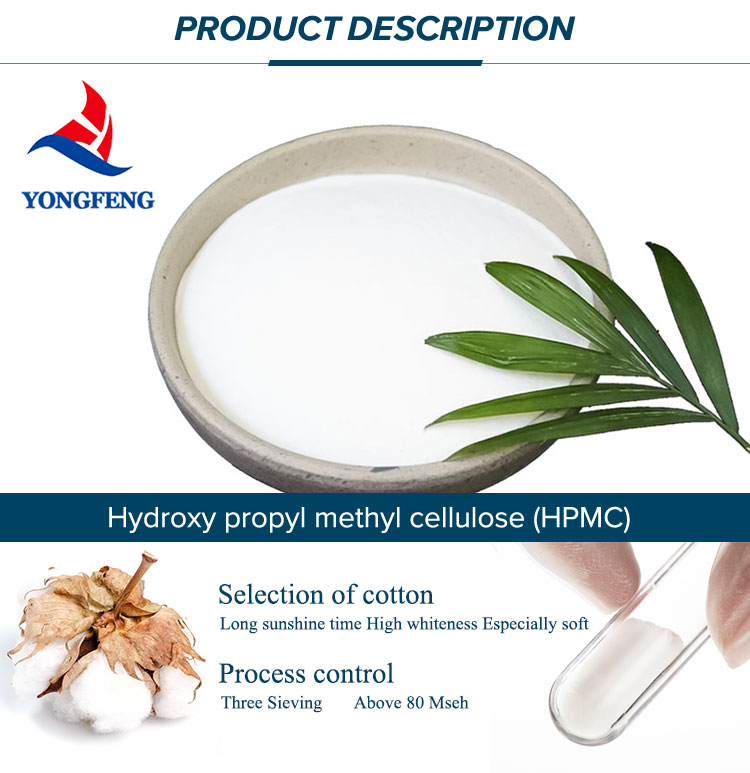
Technical Specifications
| Parameter | Specification |
|---|---|
| Appearance | Milky white or white powder |
| Carbonization Temperature | 280-300°C |
| Color Temperature | 190-200°C |
| Particle Size | 100 mesh: >98.8%, 80 mesh: 99.9% |
| Apparent Density | 0.25-0.70 g/cm³ |
| Specific Gravity | 1.26-1.31 |
| Solubility | Water and selected solvents (e.g., ethanol/water) |
Applications in the Construction Industry
HPMC is widely used in the construction sector for its ability to enhance material performance. Key applications include:
- Cement Mortar: Improves workability and water retention, ensuring even curing.
- Ceramic Tile Cement: Enhances adhesion and reduces slippage during installation.
- Refractory Coatings: Acts as a suspension agent and improves substrate adhesion.
- Gypsum Coagulant Slurry: Boosts water retention and bond strength.
- Joint Cement: Enhances fluidity and adhesion in gypsum board joints.
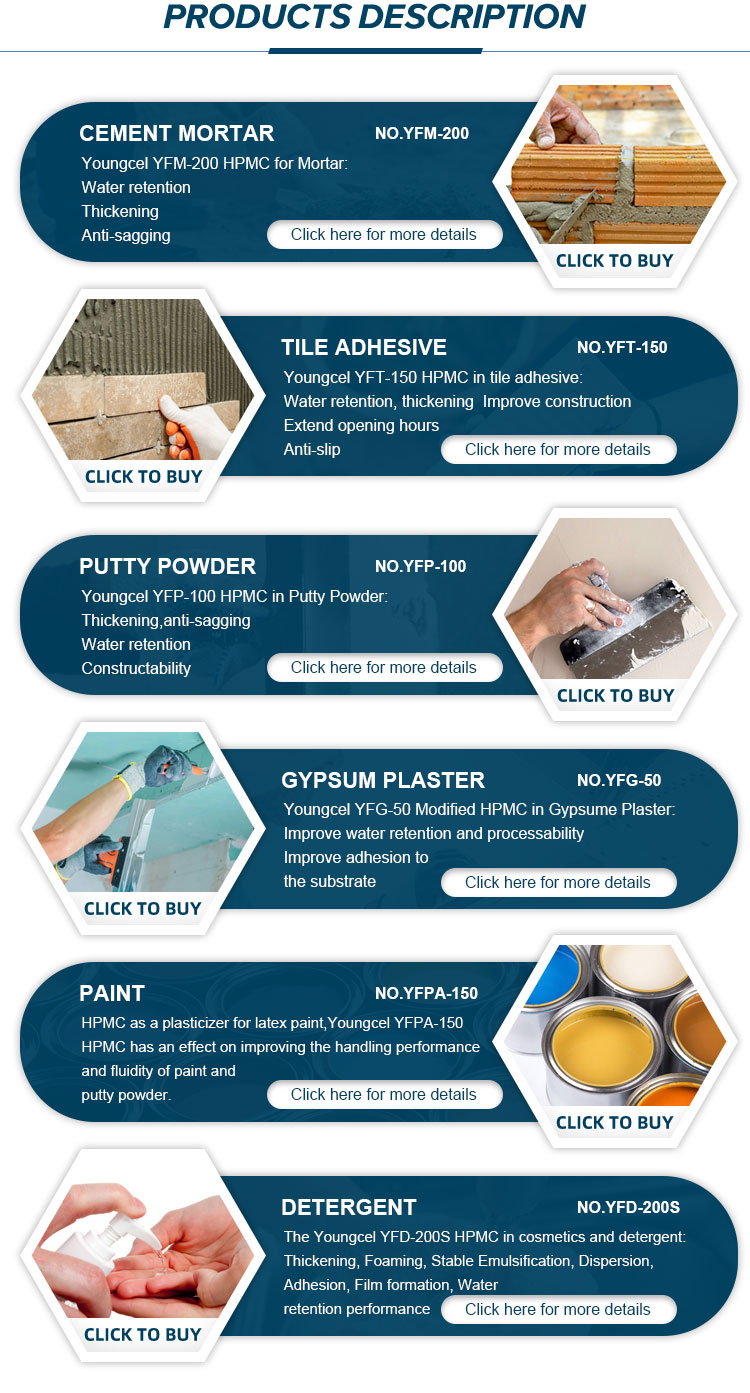
Company Background: Shijiazhuang Gaocheng District Yongfeng Cellulose Co., Ltd.
Shijiazhuang Gaocheng District Yongfeng Cellulose Co., Ltd. is a leading manufacturer of cellulose derivatives, specializing in products like HPMC. With a focus on quality and innovation, the company has established itself as a trusted supplier in the construction and chemical industries. Their commitment to environmental sustainability and technical excellence ensures that their products meet global standards.
As a chemical auxiliary agent, HPMC is certified with a Purity of 99% and packaged in 25kg net weight units. The company’s product page provides detailed information on specifications and applications: View Product.
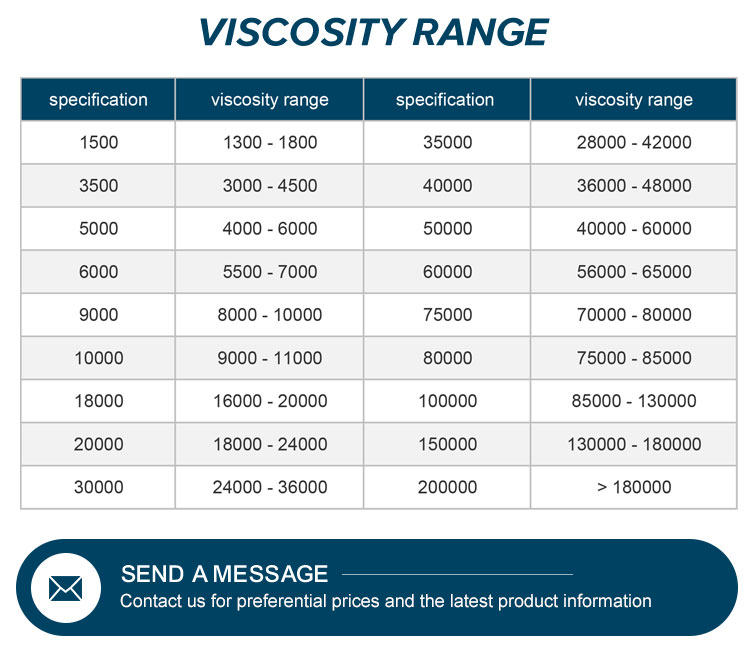
Why Choose HPMC for Your Projects?
Investing in HPMC offers numerous benefits for construction professionals. Its ability to improve water retention and adhesion ensures that materials perform optimally under various conditions. This is particularly important in tile adhesive applications, where strong bonding is critical to prevent future failures.
Furthermore, HPMC’s dimensional stability and film-forming properties make it ideal for use in plaster additives. By incorporating this compound, contractors can achieve smoother finishes and reduce the risk of cracks or delamination.
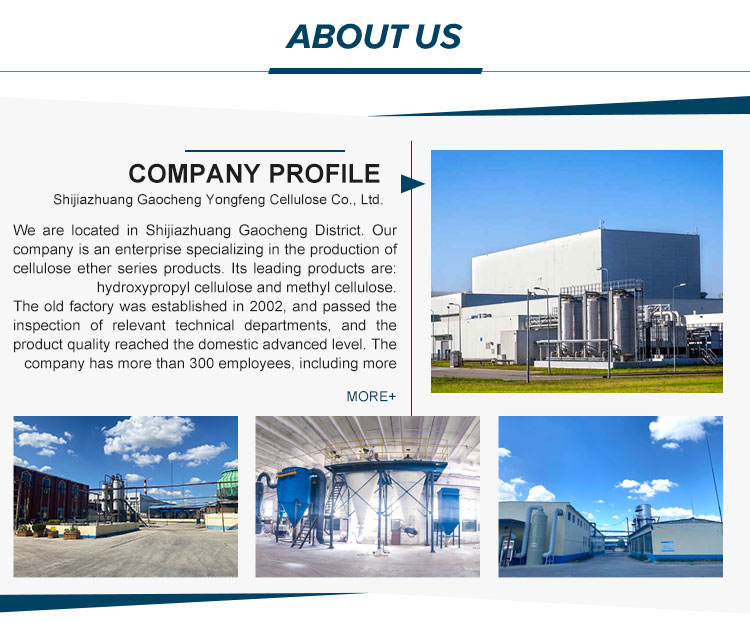
Industry Standards and NIST References
The performance of HPMC aligns with industry standards for construction materials. According to the National Institute of Standards and Technology (NIST), rigorous testing ensures that such compounds meet specifications for solubility, viscosity, and durability. For more information on material testing standards, visit NIST.
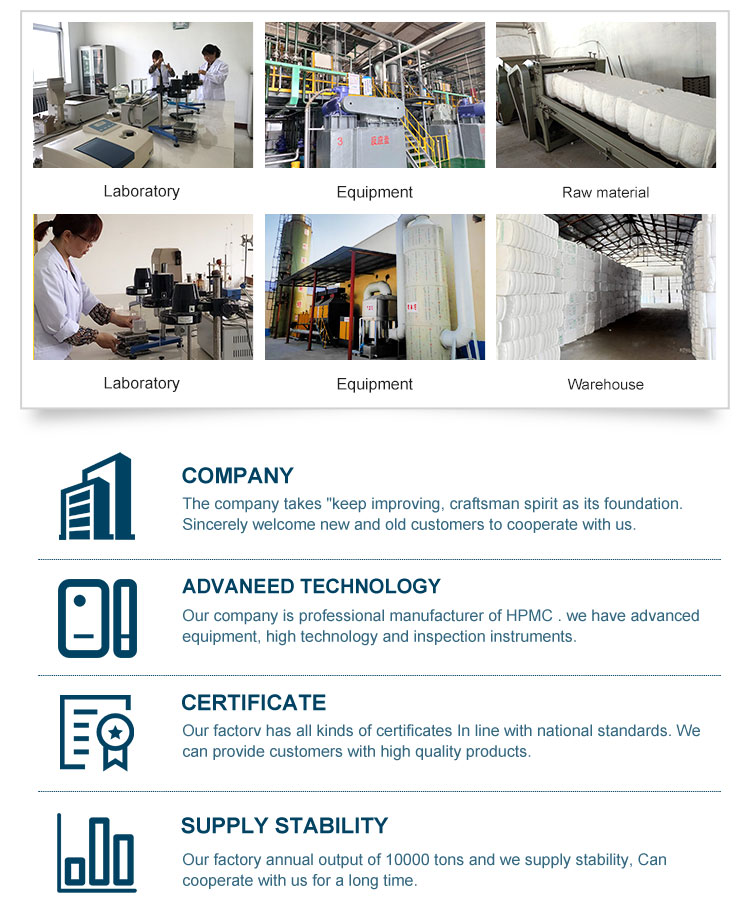
Conclusion
Hydroxypropyl Methyl Cellulose (HPMC) is a vital component in modern construction, offering unmatched performance as a tile adhesive chemical and plaster additive. With its water retention, adhesion, and stability, it enhances the quality and longevity of construction materials. Shijiazhuang Gaocheng District Yongfeng Cellulose Co., Ltd. continues to lead in providing high-quality HPMC solutions, ensuring that contractors and builders can achieve exceptional results.
For detailed specifications and to explore the full range of products, visit Youngcel's HPMC Page.
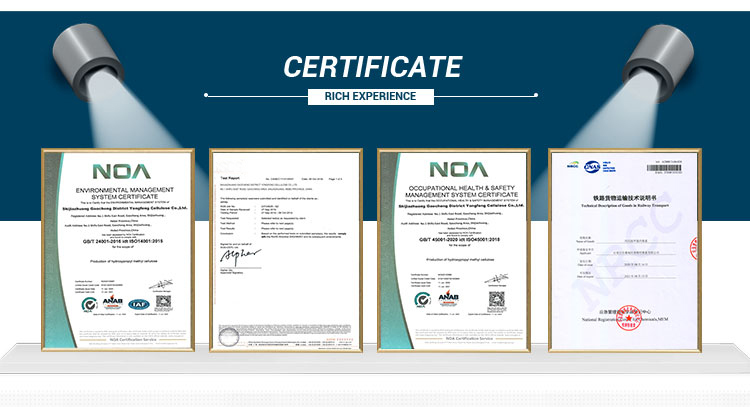
References
1. National Institute of Standards and Technology (NIST) – Industry standards for construction materials.
2. Youngcel HPMC Product Page – Technical specifications and applications.
-
Understanding Methyl 2 Hydroxyethyl Cellulose: Uses, Benefits & Industry InsightsNewsNov.24,2025
-
Hydroxyethyl Methyl Cellulose HEMC: Industrial Uses, Benefits & Future TrendsNewsNov.23,2025
-
HEMC Cellulose: Versatile & Sustainable Industrial Polymer | YoungcelNewsNov.23,2025
-
Methyl Hydroxyethyl Cellulose: Versatile Building Block for Industry & SustainabilityNewsNov.23,2025
-
CAS 9032 42 2: Understanding Polyvinyl Alcohol's Impact on Industry & SustainabilityNewsNov.22,2025
-
Hydroxyethyl Methyl Cellulose: Versatile Solutions for Modern Industry and SustainabilityNewsNov.22,2025




